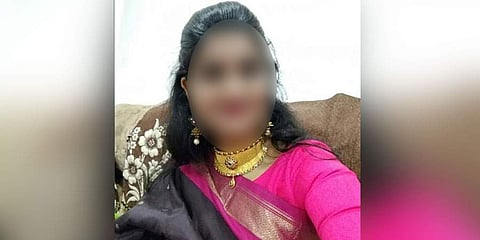

HYDERABAD: Though the four accused persons in the rape and murder of the Hyderabad vet were arrested under charges of gang-rape less than 24 hours after the crime, it is widely believed that only circumstantial evidence is available to support the said charges. Intellectuals are raising concerns about how the prosecution would prove charges of rape in a court of law.
Legal experts are hoping that the law enforcement agencies will be able to prove the charges with the help of evidence collected from the alleged perpetrators and by conducting narco-analysis, brain-mapping and polygraph tests on the accused. The catch, however, is that unless the accused persons agree to undergo narco-test, the investigation agency cannot do it.
Vasudha Nagaraj, an advocate who was the counsel of the victims’ in the Vakapalli rape case, said, “There can be evidence on the men’s (accused) bodies too. I am sure that the police must have collected the evidence after they were caught."
Stressing on the need for a scientific investigation, Pattabhi Vemulapati, a senior High Court advocate said, “The law says mere confession of accused before the police is not admissible as evidence.” Expressing displeasure over the investigation and parading of the accused before media, he said, “The police have no business to go to the press even before they could establish the involvement of the accused through professional and scientific methods like narco-test.”
Demanding utmost and severe punishment for the wrongdoers as per law, Pattabhi, who succeeded in acquitting Satyam Babu from the Ayesha Meera ghastly murder case, said: "Even if they were convicted in the lower court, they might get an acquittal in higher courts if the investigation is not carried out in a scientific manner."
Former DGP C Anjaneya Reddy said, "In order to prove the charges, the prosecution needs to provide evidence - be it direct or circumstantial. In this case, there is no direct evidence available. If the circumstantial evidence is water-tight, the jude will pronounce a verdict in favour of the victim’s family. Otherwise, he or she will follow the Supreme Court’s judgement which says mere circumstantial evidence should not be used as the basis of pronouncing the accused guilty."